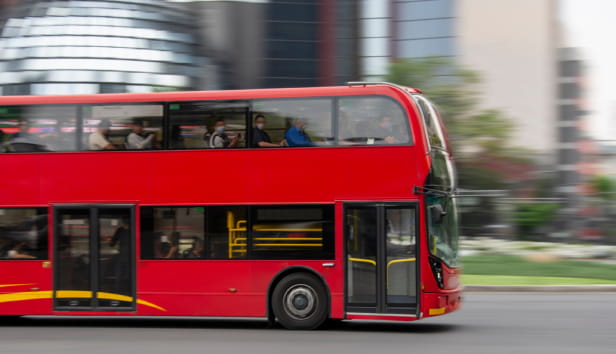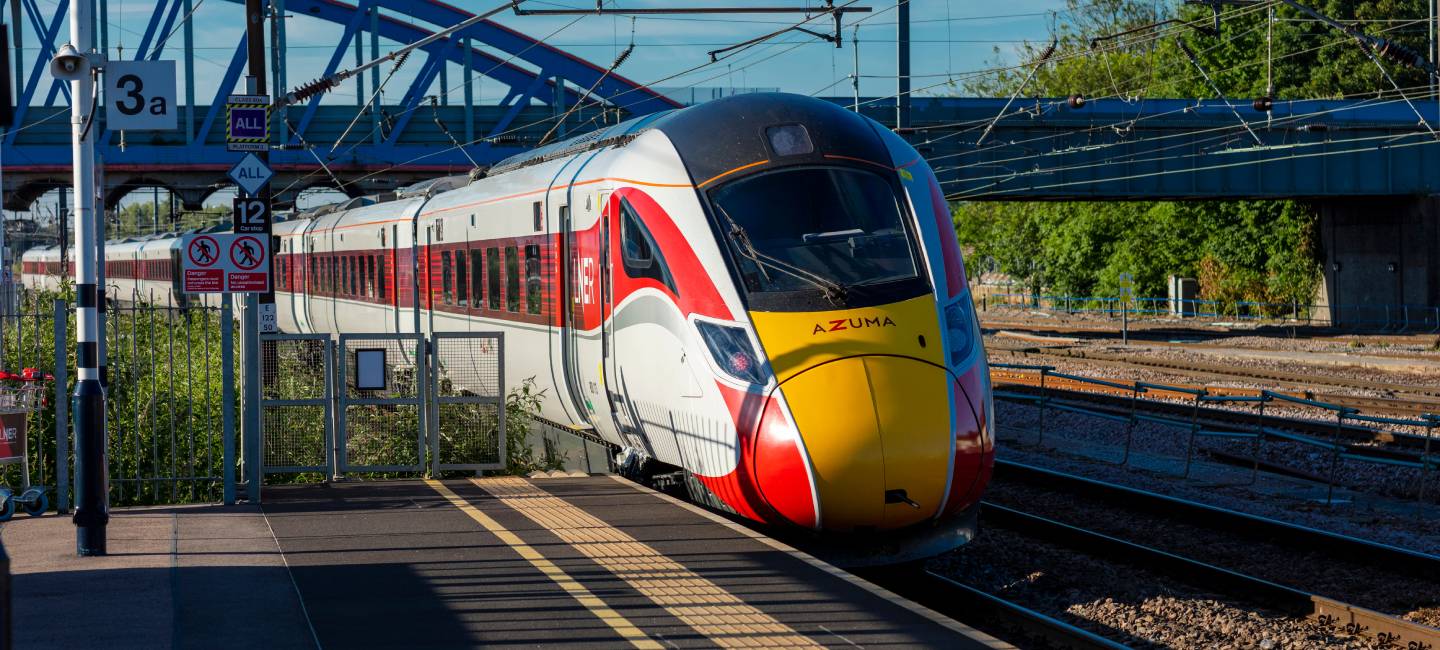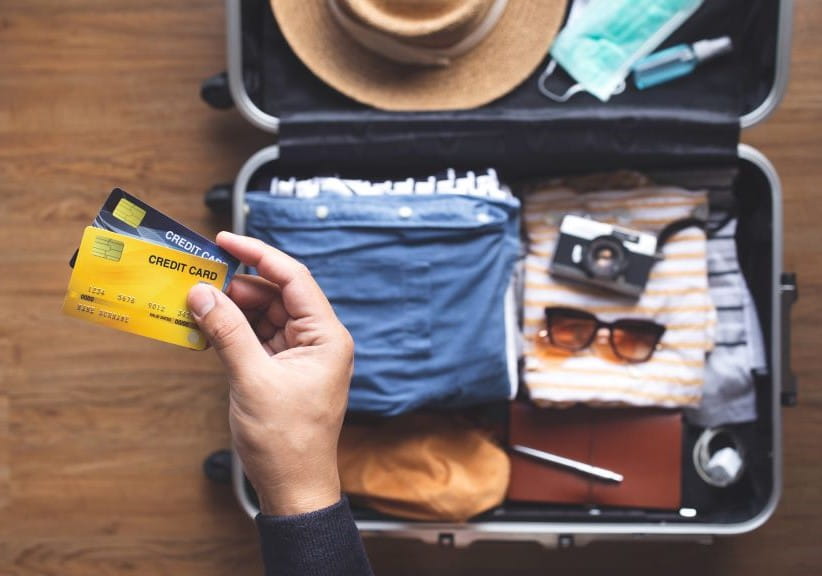
This article is for general guidance only and is not financial or professional advice. Any links are for your own information, and do not constitute any form of recommendation by Saga. You should not solely rely on this information to make any decisions, and consider seeking independent professional advice. All figures and information in this article are correct at the time of publishing, but laws, entitlements, tax treatments and allowances may change in the future.
Spending wisely abroad doesn't have to be complicated. But making the right choices, whether that’s specialist travel cards designed to ditch hefty fees, or the best way to get local cash, can save you a significant sum and give you peace of mind.
This guide will cut through the confusion. We’ll explore the pros and cons of cash, the different types of travel-friendly cards, and how to dodge currency conversion tricks.
What’s on this page?
As many as 1 in 5 (20%) holidaymakers aren’t confident about how to spend money abroad when they go on holiday, almost double the figure who said the same in 2023 (11%), according to data from Tesco Bank.
More and more of us now use debit or credit cards abroad. But it’s worth first researching the different options for how to spend money abroad without fees. Don’t just spend with whatever card you happen to have in your wallet. Many card providers will charge you for the privilege in the form of foreign transaction fees (also called non-sterling transaction fees). Additional charges may also be applied for cash withdrawals.
Whatever type of card you have, when it’s time to pay, you’ll normally be asked if you would like to pay in the local currency or pounds sterling. Always choose the local currency to lower fees. “If you choose pounds sterling, the retailer can then apply what is called a ‘dynamic currency conversion’ (DCC), which is likely to have a higher exchange rate than your card issuer and so the cost to you will be more,” Hunter says.
Do you need to let your bank know you’ll be using your card abroad? Generally not any more, although there’s no harm in doing it.
The best travel credit cards can give you good exchange rates, and have no foreign transaction fees (which can otherwise be around 3%) on purchases, letting you spend abroad without extra charges.
The best also have 0% interest on cash withdrawals. As long as you pay your credit card bill off in full, this can be a good way to spend money abroad. With a credit card, you’ll also get the protection of section 75 of the Consumer Credit Act 1974 to help protect you if something is wrong with your purchase.
As with any credit card, pay your balance in full monthly to avoid interest. Be wary of using them for cash withdrawals, unless your card offers 0% interest and no fees.
Mainly offered by providers like Starling, Monzo and Revolut, these debit cards let you spend directly from your account with no or very low foreign transaction fees, often using competitive Mastercard or Visa exchange rates.
Many include a monthly allowance of fee-free ATM withdrawals abroad. These are usually managed via app, with instant notifications. The main step is opening a new account, though this is often quick online. Be aware of any limits on fee-free ATM use.
With a pre-paid travel money card, you can load the exact amount of money you want to take away with you. This can be helpful for budgeting. These types of cards often allow you to spend and withdraw cash without being charged fees. You can often lock in an exchange rate when loading, which can be good if you want to know what rate you’ll get. Some cards support multiple currencies.
Travel money cards may also be known as a Multi-currency Cash Passport, and are offered by Mastercard or retailers including Tesco and Sainsburys. You can store multiple currencies on a single card that is pre-loaded before you travel.
Watch out for monthly fees, or fees for loading or ATM use, as well as card delivery fees. Some cards charge fees if you don't use them within a set period of time (usually one or two years).
Additionally, you may have the added security of being able to freeze or stop your card should it be lost or stolen, although you should check this with the issuer.
Prepaid currency cards are the modern version of travellers’ cheques and are arguably the safest way to carry money abroad, says Hunter. “This is because you’ll have access to your money without having to carry lots of cash around with you.”
A slightly different option is a travel account, which certain banks offer to their current account customers. Like a prepaid currency card, these typically allow you to move money into a dedicated pot that’s in euros or dollars, at a locked-in exchange rate. You can then spend (and sometimes withdraw cash) with your usual debit card in that currency without fees.
These cards, such as Currensea, link to your existing high street bank account, allowing you to bypass your bank's usual international fees without needing a new account or pre-loading. When you spend abroad, the overlay card provider uses a better exchange rate.
This can offer convenience and savings. The downside is it doesn't create a separate budgeting pot like prepaid cards. Some may have subscription tiers affecting ATM withdrawal allowances or rates.
When it comes to how to spend money abroad, cash is the most convenient way to pay for small purchases such as tips, taxis or for places that don’t accept cards. In some countries cash is more widely accepted than cards – Greece, Morocco and Egypt, for example.
It’s always a good idea to carry some cash with you to pay for expenses that might come up during the first few days of your holiday, even if you plan to use cards mostly. However, carrying large amounts of cash can be risky as it can be lost or stolen.
David Hunter, wealth planner at Succession Wealth, advises not to take more cash than you need and don’t carry cash in easy-to-reach pockets. “Make sure it’s carried safely and discreetly. When at your destination, consider hotel safes or other secure places to store cash and important documents such as passports.”
He says people taking cash should get it before they go in most cases – as long as you shop around.

Despite it being more expensive to exchange money at the airport, many still do so because they say it’s more convenient. Yet buying 1,000 euros at the UK’s major airports means you’d lose £169 on average compared to high street exchange bureaus, according to data from Eurochange.
If you’re wondering where to change currency, it pays to do your research. There are comparison websites that will help you do this.
You don’t have to go to a bank or the post office – supermarkets and specialist exchange bureaux are worth checking out too. You’ll usually get the best rates if you order online in advance. “Shopping around at different travel money providers is worth the time to ensure you are getting the most for your money before your holiday,” says James Lynn, co-founder of Currensea.
If you have a credit card that doesn’t charge a cash withdrawal fee or interest on cash withdrawals, using cash machines abroad can be a sensible option. You still need to watch out for charges though. ATMs directly attached to banks are less likely to charge fees, especially in Europe. They may also have extra security such as CCTV cameras or staff on hand.
Independent ATMs – Travelex, Euronet, Your Cash, Cardpoint, and Cashzone, or unbranded machines – are generally more likely to levy their own usage fee. In the US and Canada, it can be hard to avoid ATM fees, even at banks.
Most ATMs worldwide have an option for instructions in English and are required to inform you of any operator fee before you finalise the transaction. Pay close attention to the messages on screen. If a fee is displayed that you're unhappy with, you have the option to cancel the transaction.
Be aware that ATMs in some countries may have maximum withdrawal limits per transaction, and your own bank may have daily or per-transaction limits.
Iain Donachie, head of money services at Tesco Bank, says that leftover currency can be easily forgotten about when you return home. Many travel money bureaux will buy back currencies they sell, even if you bought it elsewhere.
“For those not planning to re-use or keep their cash, it’s worth rounding up any spare notes and exchanging these back into sterling. It could add up to more than you might think, especially if you’ve built up a few years’ worth of leftover holiday currency. It may even give you an unexpected head start on any Christmas savings,” adds Donachie.


Booked your trip and thinking about travel insurance? When you're looking to compare travel insurance, don't settle for less.
.jpg?la=en&h=354&w=616&hash=4FA35A432AE8D97BE27E9387B4AEDC7D)




Discover the tools you can use to spend less on train tickets
